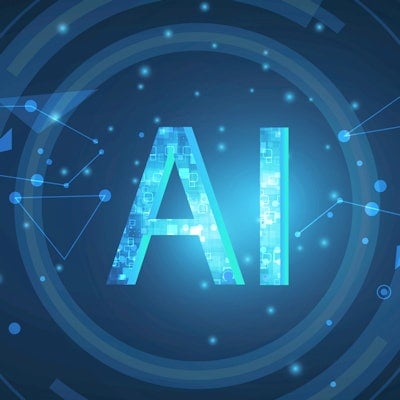I can't say exactly, but
the trend is towards fewer working hours (this study shows a 7.6% decrease from 2001 to 2021). However, I think most practicing physicians will say that they are seeing more patients on a daily basis and that reimbursements per patient are lower. Has technology sped up the rate of seeing patients, or are we just squeezing 60 hours of work into 49 hours these days?
I think the question is less, "what will AI be able to do?" and more, "what is the comfort level of regulators, payers, and employers wrt AI autonomy?"
We've already seen regulators trusting APPs with autonomy despite markedly poorer training and no convincing evidence of equivalency or safety compared to physicians. Assuming liability will represent far less value as the technology becomes better. When that 2-4% miss rate and 2% false positive rate becomes 0.1% and 0.1%, and AI can read far more pathologies than a specialized radiologist, I doubt the MBA writing checks to radiologists every month is going cling to liability as a reason to keep everyone employed. More likely radiologists will have to be more-or-less okay with rubber-stamping AI reads at multiple times their current pace and absorb the extra liability, because the productivity demands coming from admins will be too high, and
someone will be willing to do it. The job will become as much about knowing when to trust AI blindly as it will be about making accurate reads with your own eyes, and the result will be a significant increase in radiology productivity (and decreased demand for radiologist's labor hours). This is all without considering the possibility of lawmakers greenlighting autonomous AI reads.
Predicting the next 30 years is impossible. I really don't see a future where radiologists are obsolete in our lifetimes. I do foresee a future 10-15 years from now where the market is tough on both new grads and old-timers who don't adapt with the technology.

